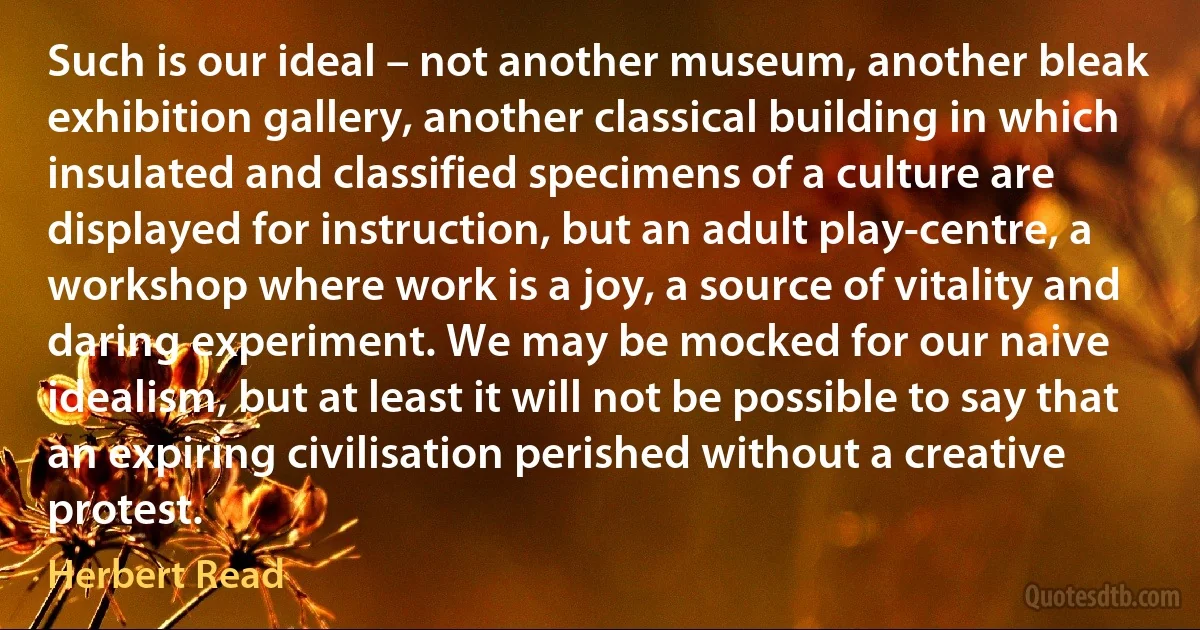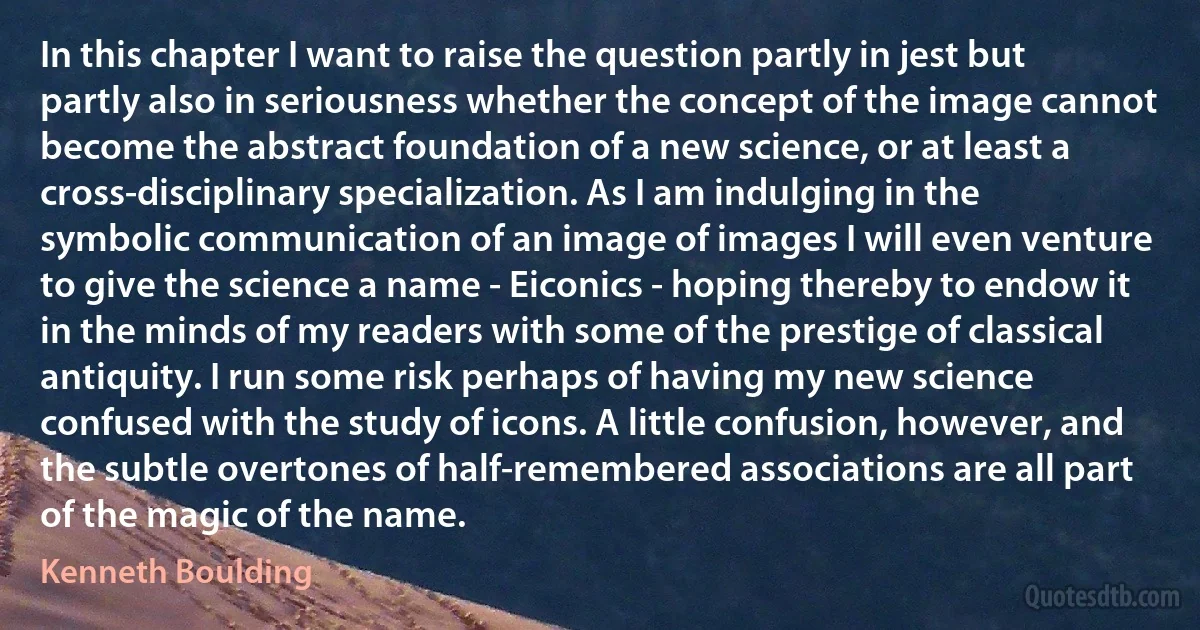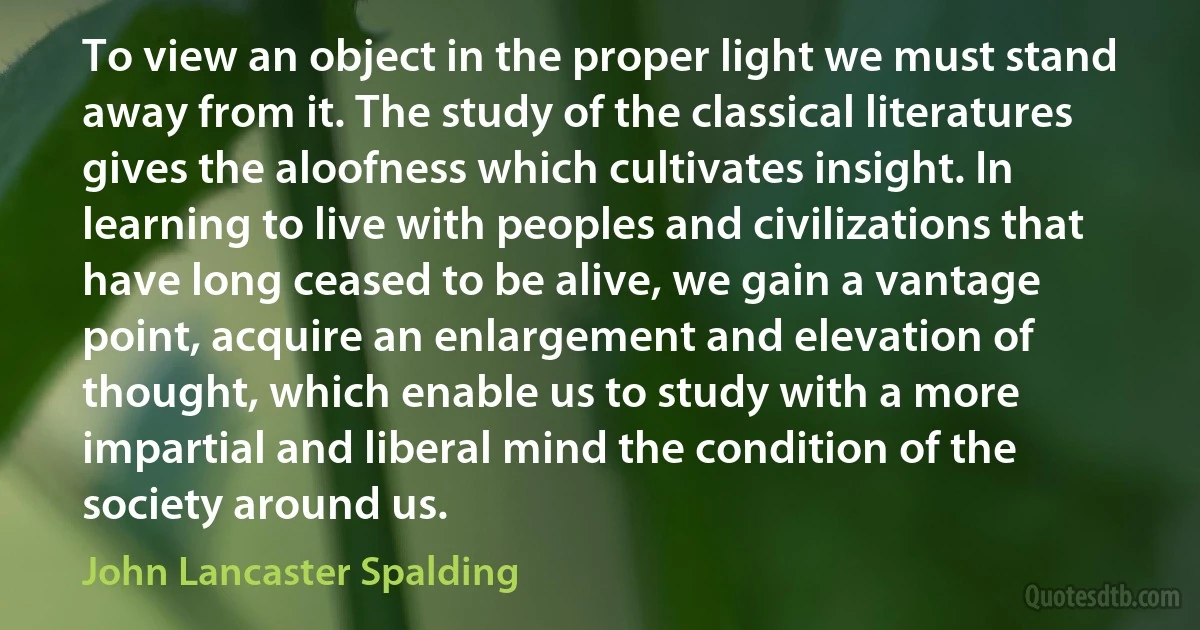Classical Quotes - page 14
Today that rarely happens. Most often the songs are used as a relief. They have nothing to do with the film per say. And all look almost the same. Just replace the central characters and a step here and there...choreography remains the same in most cases. So does the beat. We have so many classical dances and folk dances in the country but nobody seems to be using them.

Waheeda Rehman
Arre bhai...there is so much more to Indian music than those beats. I have done bhangra...nothing against it. But why do we present only that to the Indian and global audience. Punjabi language and music has become the language of the film industry unfortunately. Be it Singh is King or London Dreams or New York Beats are the same. agreed you cannot use classical or folk music in New York or Singh is King but London Dreams - it's supposed to be a musical. Music should have been the soul of it. But that is the weakest thing in the film. So much could have been done - classical music and folk music could have been used. But they didn't. They want to finish of work ASAP. Quantity, not quality has taken over.

Waheeda Rehman
It is therefore not unreasonable to suppose that some portion of the neglect of science in England, may be attributed to the system of education we pursue. A young man passes from our public schools to the universities, ignorant of almost every branch of useful knowledge; and at these latter establishments ... classical and mathematical pursuits are nearly the sole objects proposed to the student's ambition.

Charles Babbage
My dances were not like today's, which have progressed with an Indian and Western combination or fusion which has become repetitive. You cannot tell one dance from the other. Everyone wants to be Michael Jackson. But I like some of them like that ‘Radha kaise na jale' from Lagaan. I like classical stuff.

Vyjayanthimala
In a general way, we can represent the present value of a future good as a function of the time separating the present from this future. In the classical conception, an exponential future discount is stipulated, which implies that the curves corresponding to two distinct future goods, one small and immediate, the other large and more remote, never intersect. According to more recent research, however, it seems that this discount typically takes a hyperbolic form.

Jon Elster
"The Sanskrit shall be our " Deva Bhasha)" our sacred language and the "Sanskrit Nishtha" Hindi, the Hindi which is derived from Sanskrit and draws its nourishment from the latter, is our ' 'mr' ' (Rashtra Bhasha) 12 [f.12] our current national language--besides being the richest and the most cultured of the ancient languages of the world, to us Hindus the Sanskrit is the holiest tongue of tongues. Our scriptures, history, philosophy and culture have their roots so deeply imbedded in the Sanskrit literature that it forms veritably the brain of our Race. Mother of the majority of our mother tongues, she has suckled the rest of them at her breast. All Hindu languages current today whether derived from Sanskrit or grafted on to it can only grow and flourish on the sap of life they imbibe from Sanskrit. The Sanskrit language therefore must ever be an indispensable constituent of the classical course for Hindu youths.

Vinayak Damodar Savarkar
Causality applies only to a system which is left undisturbed. If a system is small, we cannot observe it without producing a serious disturbance and hence we cannot expect to find any causal connexion between the results of our observations. Causality will still be assumed to apply to undisturbed systems and the equations which will be set up to describe an undisturbed system will be differential equations expressing a causal connexion between conditions at one time and conditions at a later time. These equations will be in close correspondence with the equations of classical mechanics, but they will be connected only indirectly with the results of observations.

Paul Dirac
Classical mechanics has been developed continuously from the time of Newton and applied to an ever-widening range of dynamical systems, including the electromagnetic field in interaction with matter. The underlying ideas and the laws governing their application form a simple and elegant scheme, which one would be inclined to think could not be seriously modified without having all its attractive features spout. Nevertheless it has been found possible to set up a new scheme, called quantum mechanics, which is more suitable for the description of phenomena on the atomic scale and which is in some respects more elegant and satisfying than the classical scheme. This possibility is due to the changes which the new scheme involves being of a very profound character and not clashing with the features of the classical theory that make it so attractive, as a result of which all these features can be incorporated in the new scheme.

Paul Dirac
I was raised in Germany until I was 13, and then my family decided to go back to Turkey. It was good in a way, because I studied music. And I went to a Turkish classical music school and studied music for three years. And then I just realized that I can't do anything else but singing music. And everything just happened naturally.

Tarkan
The ultimate "causes of price" - to use a Classical term - lie deeply embedded in the psychology and techniques of mankind and his environment, and are as manifold as the sands of the sea. All economic analysis is an attempt to classify these manifold causes, to sort them out into categories of discourse that our limited minds can handle, and so to perceive the unity of structural relationship which both unites and separates the manifoldness. Our concepts of "demand" and "supply" are such broad categories. In whatever sense they are used, they are not ultimate determinants of anything, but they are convenient channels through which we can classify and describe the effects of the multitude of determinants of the system of economic magnitude.

Kenneth Boulding
What I mean by the "pursuit of learning" is not the ability to read classical texts and study ancient history, but to be fully acquainted with conditions all over the world and to have a keen awareness of what is going on abroad and around us. Now from what I can see world trends and conditions are still unsettled, and as long as they remain unsettled there is still a chance that something can be done. First, therefore, we must rectify conditions in our own domain, after which conditions in other domains can be rectified. This having been done, conditions at court can be rectified and finally conditions throughout the whole world can be rectified. First one must set an example oneself and then it can be extended progressively to others. This is what I mean by the "pursuit of learning."

Yoshida Shoin
A simple calculation shows that from the classical theory follows that we should find a broadening of the beam with the maximum intensity on the place of the beam without field. However, from the quantum theory follows that we should find there no intensity at all, and deflected molecules on both sides. The beam should split up in two beams corresponding to the two orientations of the magnet. The experiment decided in favor of the quantum theory.

Otto Stern
I feel I'm happily inspired now on Classical soil:
The Past and Present speak louder, more charmingly.
Here, as advised, I leaf through the works of the Ancients
With busy hands, and, each day, with fresh delight.
But at night Love keeps me busy another way:
I become half a scholar but twice as contented.
And am I not learning, studying the shape
Of her lovely breasts: her hips guiding my hand?

Johann Wolfgang von Goethe
In the human reality, all existence that spends itself in procuring the prerequisites of existence is thus an "untrue” and unfree existence. Obviously this reflects the not at all ontological condition of a society based on the proposition that freedom is incompatible with the activity of procuring the necessities of life, that this activity is the "natural” function of a specific class, and that cognition of the truth and true existence imply freedom from the entire dimension of such activity. ... Society still is organized in such a way that procuring the necessities of life constitutes the full-time and life-long occupation of specific social classes, which are therefore unfree and prevented from a human existence. In this sense, the classical proposition according to which truth is incompatible with enslavement by socially necessary labor is still valid.

Herbert Marcuse
Against all the retrogressive endeavors (Bohm, Schrödinger etc. and in some sense also Einstein) I am sure that the statistical character of the ψ-function and hence of nature's laws – on which you insisted from the very beginning against Schrödinger's resistance – will define the style of the laws at least for some centuries. It may be that later, e. g. in connection with the living processes, one will find something entirely new, but to dream of a way back, back to the classical style of Newton-Maxwell (and these are just dreams these gentlemen are giving themselves up to) seems to me hopeless, digressive, bad taste. And, we could add, it is not even a beautiful dream.

Wolfgang Pauli
Gramsci's remarks are rich and stimulating, but in the last analysis they follow the classical Marxist pattern of analysing religion. Ernst Bloch was the first Marxist author who radically changed the theoretical framework-without abandoning the Marxist and revolutionary perspective. In a similar way to Engels, he distinguished two socially opposed currents: on one side the theocratic religion of the official churches, opium of the people, a mystifying apparatus at the service of the powerful; on the other the underground, subversive and heretical religion of the Albigensians, the Hussites, Joachim di Fiori, Thomas Münzer, Franz von Baader, Wilhelm Weitling and Leo Tolstoy.

Michael Löwy
As the natural sciences have developed to encompass increasingly complex systems, scientific rationality has become ever more statistical, or probabilistic. The deterministic classical mechanics of the enlightenment was revolutionized by the near-equilibrium statistical mechanics of late 19th century atomists, by quantum mechanics in the early 20th century, and by the far-from-equilibrium complexity theorists of the later 20th century. Mathematical neo-Darwinism, information theory, and quantitative social sciences compounded the trend. Forces, objects, and natural types were progressively dissolved into statistical distributions: heterogeneous clouds, entropy deviations, wave functions, gene frequencies, noise-signal ratios and redundancies, dissipative structures, and complex systems at the edge of chaos.

Nick Land
However far the phenomena transcend the scope of classical physical explanation, the account of all evidence must be expressed in classical terms. The argument is that simply by the word "experiment" we refer to a situation where we can tell others what we have done and what we have learned and that, therefore, the account of the experimental arrangement and of the results of the observations must be expressed in unambiguous language with suitable application of the terminology of classical physics.

Niels Bohr



